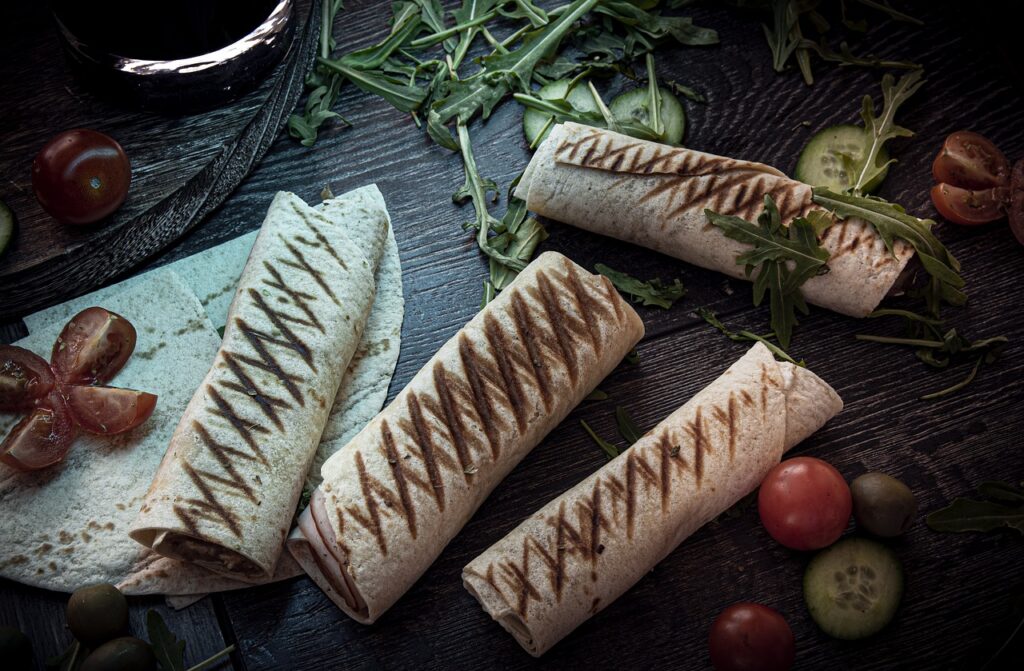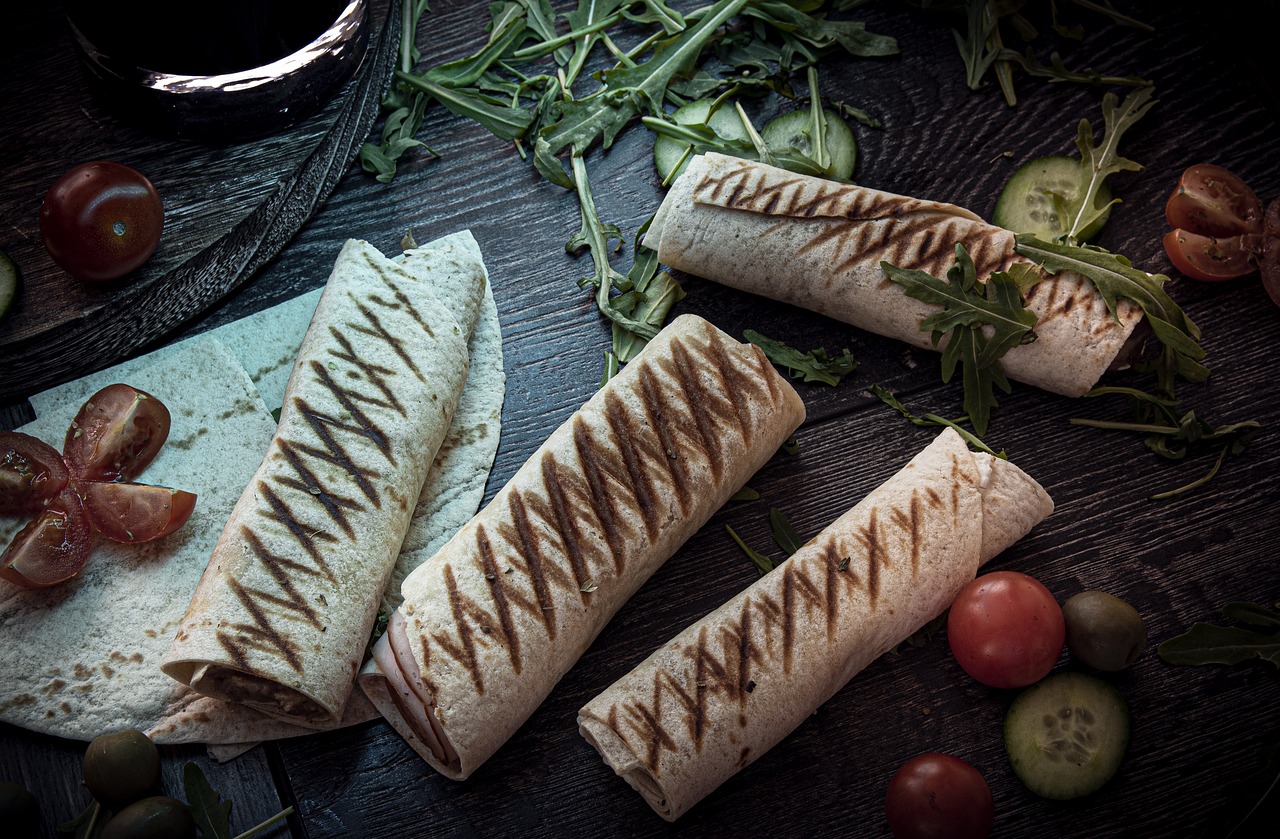Kosher Restaurants in Morocco

Tours in Morocco is a seasoned agency with extensive experience across the country, adept at catering to diverse clientele. While proficient in serving all types of travelers, we hold a particular affinity for those keen on exploring the rich tapestry of Jewish culture deeply embedded in Morocco history for centuries, as elaborated on this page. In this post, our focus shifts towards curating a collection of kosher restaurants in Morocco, offering a delightful opportunity to savor the finest traditional Hebrew dishes within the unique backdrop of this nation.
Casablanca, a city with a certain variety
Given its status as the capital and most populous city, it comes as no surprise that Casablanca boasts some of the most captivating kosher restaurants in Morocco. Here are two establishments worth noting for your upcoming trip:
- Cercle de l’Alliance: Situated on Rue El Khaouarizmi, in one of the city’s paramount districts hosting numerous international consulates and embassies, this restaurant serves as a culinary gem associated with one of the prominent Jewish centers in the area. While rooted in Jewish traditions, its menu also features a delightful array of international dishes.
- Cercle de l’Union: Nestled at 19 Rue Abderrahman Sahraoui, in close proximity to the Spanish Consulate, this kosher restaurant may not immediately reveal its identity from the exterior. However, its interior is a delightful surprise, characterized not only by the elegance of its rooms but also by its exceptional culinary offerings. Standout dishes include a variety of salads, hummus, aromatic rice, and succulent lamb, promising a gastronomic experience that transcends expectations.
Other kosher Restaurants in Morocco
Beyond the capital, Morocco unfolds a tapestry of cities where the essence of traditional Hebrew cuisine can be savored, infused with distinctive local flavors. Here are some enticing options:
- Rabat: Le Cercle Restaurant located at 3 Rue Melilia, in close proximity to Bab El Mellah, this family oriented restaurant exudes an unpretentious charm, offering a diverse array of dishes. Noteworthy are the delectable skewers and keftas that grace its menu.
- Fes: Center Maimonide nestled at 24 Rue Zerktouni, near the city synagogue, this establishment beautifully captures the centuries old coexistence of Jewish and Moroccan gastronomic traditions. Specializing in Shabbat menus and daily delights, it boasts a wide selection ranging from vibrant salads and grilled meats to couscous and kefta.
- Marrakech: Dar Ima situated at 11 Rue de la Liberté, in close proximity to the main train station, Dar Ima stands as Marrakech premier kosher restaurant. Embracing both Moroccan and Hebrew culinary influences, it showcases outstanding offerings such as the Israeli Salad, flavorful merguez, and a succulent entrecôte.
While these are among the finest kosher restaurants in Morocco, navigating them can be challenging for foreign travelers, given their local focus and family-oriented atmosphere. To ensure an opportunity to indulge in these culinary delights or explore others across the country, consider reaching out to Tours in Morocco. We can facilitate reservations at the finest kosher restaurants in your destination or organize an event where this distinctive gastronomy takes center stage
What food is kosher?
Kosher food, in accordance with Jewish dietary laws, adheres to specific criteria outlined in the Torah and rabbinical traditions. This includes the consumption of land animals with split hooves and the chewing of cud, like cattle and sheep, and seafood with fins and scales, such as salmon and tuna. Birds must be those explicitly listed as kosher, excluding predatory and scavenging species. Additionally, the separation of meat and dairy is a fundamental principle, extending to the use of distinct utensils and cooking equipment to prevent cross contamination. Many observant Jews look for a reliable kosher certification symbol on products, signifying compliance with strict dietary guidelines and supervision by religious authorities.
Beyond these rules, fresh fruits and vegetables are generally considered kosher, although careful inspection for insects is necessary. Bread and grain products must follow kosher guidelines, with special attention to the consumption of unleavened bread (matzah) during Passover. The wide ranging principles of kosher dietary laws reflect a commitment to maintaining a sacred and conscientious approach to food consumption within the Jewish tradition.
What do Moroccan Jews eat?
Moroccan Jews savor a diverse culinary heritage, blending traditional Moroccan flavors with unique Jewish influences. Staples include couscous, often adorned with an array of vegetables and spices, while slow cooked tagines feature a variety of meats, dried fruits, and nuts. Harira, a hearty soup, holds significance during Ramadan, and special dishes like Sabbath cholent, challah bread, and festive desserts mark celebratory occasions. Preserved lemons and olives enhance flavors, and during Hanukkah, sfenj doughnuts delight. The aromatic dance of cumin, coriander, turmeric, and cinnamon underscores the rich tapestry of Moroccan Jewish cuisine, a testament to cultural fusion and culinary creativity.
What bread can Jews eat?
Observant Jews follow kosher dietary laws when it comes to bread consumption, ensuring that ingredients meet kosher standards, dairy and meat are kept separate, and the baking process aligns with rabbinical supervision. Challah, a braided bread made with eggs, holds significance in Jewish households, especially during the Sabbath and holidays, symbolizing tradition and unity. Additionally, during Passover, Jews consume matzah, an unleavened bread, as part of the commemorative rituals, emphasizing the importance of adhering to specific kosher requirements during this holiday.
Can Muslims eat kosher?
Muslims can generally consume kosher food, as it aligns with Islamic dietary laws (halal) in terms of avoiding pork and certain prohibited ingredients. While there are similarities, differences arise in the methods of animal slaughter, with kosher requiring shechita (Jewish ritual slaughter) and halal following dhabiha (Islamic ritual slaughter). Despite these distinctions, many Muslims may opt for kosher products if halal options are unavailable, recognizing the shared principles of dietary purity and consideration for animal welfare. Individuals should remain aware of specific dietary requirements to ensure compliance with their respective beliefs.

